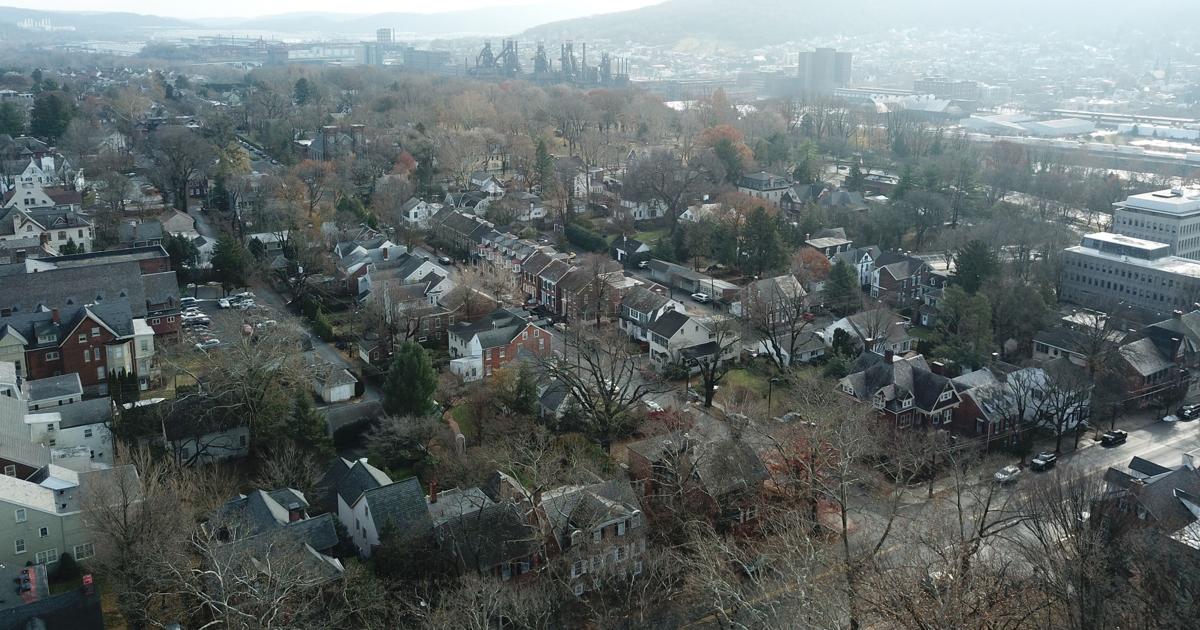BETHLEHEM, Pa. – The Bethlehem Planning Commission advanced the city’s five-year, $102 million capital plan to City Council Wednesday night.
Planning Director Cathy Fletcher said the plan guides spending on infrastructure, public safety, recreation and community facilities. It’s updated annually and is flexible, with many projects tied to grants and outside funding.
“Not everything in this plan is guaranteed to happen, but it helps us prioritize projects, look for funding and show the public what we’re anticipating,” Fletcher said.
The plan’s largest spend at $34.6 million occurs in 2026 before tapering to $10.5 million in 2030. Funding sources include federal and state grants, local reserves, stormwater fees and bonds.
Shelter and community projects total $9.6 million, including an 11-unit non-congregate family shelter in South Bethlehem and renovations to a central Bethlehem emergency shelter to make it year-round for more than 60 people. A South Bethlehem community center is scheduled for 2027.
Public safety spending of $8.7 million includes new ambulances, police vehicles and fire apparatus in 2026, an armored rescue vehicle in 2028 and $2 million for air packs in 2030.
Street work accounts for $34.8 million, beginning with the Linden Street two-way conversion and $3.25 million in paving next year. Center Street’s conversion is scheduled for 2028, pending funding, while West Broad Street improvements run from 2026 through 2029.
The city maintains approximately 260 miles of roadway, which costs roughly $2.5 million annually, said Basel Yandem, chief of engineering and deputy director of public works. He said the city laid 11,000 tons of asphalt this year and hopes to expand in-house work with a new paver in 2026.
Other projects include $11.4 million for storm sewers, $15 million for bridges, ramps and Route 378 lighting, and $11.6 million for recreation, highlighted by a $10 million master plan through 2030.
Chair Rob Melosky praised staff for balancing infrastructure needs with community investment.
“To continue to be one of the premier areas to visit, to live, to work — we know these have to be done,” he said.

